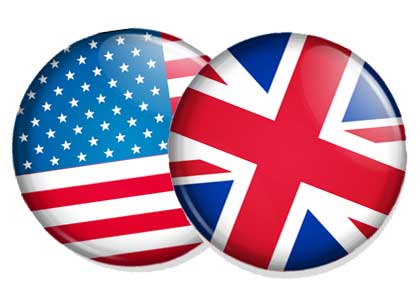 Hello, there! TGIF, right?
Hello, there! TGIF, right?
Todo mundo conhece o phrasal verb to get up, não é? Ele quer dizer “levantar-se”:
What time do you get up? [Que horas você se levanta?]
He never gets up before nine. [Ele nunca se levanta antes das nove.]
Will you get me up at six tomorrow? [Me acorda às seis amanhã?]
He got up and walked over to the window. [Ele se levantou e foi até a janela.]
Quando falamos de vento, to get up é usado com “ventar forte”:
Wind’s getting up, there’s no way we can go outside now. [Está ventando muito forte agora, não tem jeito de a gente sair agora.]
Veja alguns signficados de to get up em inglês britânico:
Local people got up a petition against the factory closure. [Os habitantes fizeram um abaixo-assinado contra o fechamento da fábrica.]
The children were got up in fairy costumes. [As crianças se fantasiaram de fada.]
She got herself up as Queen Victoria. [Ela se vestiu de Rainha Vitória.]
Também quer dizer “aprontar”. Nesse caso acrescentamos a preposição “to”:
The children get up to all sorts of mischief when I’m not here. [As crianças aprontam cada um quando não estou aqui.]
Go upstairs and see what the kids are getting up to. [Sobe e veja o que as crianças estão aprontando.]
What did you get up to at the weekend? [O que você aprontou no fim de semana?]
I wonder what those two got up to yesterday? [O que será que esses dois aprontaram ontem?]
This is it for today! See you next week!





